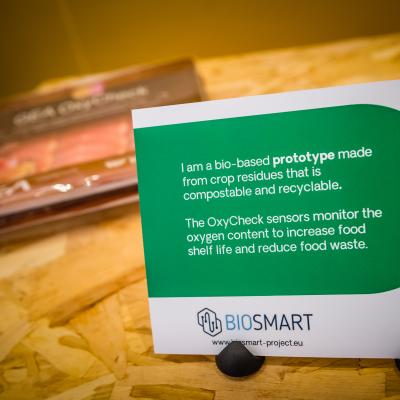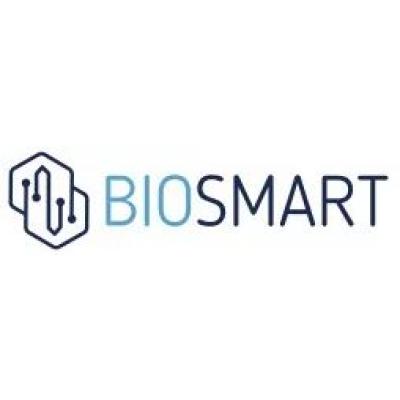In Europe, some 88 million tonnes of food is wasted each year – the equivalent of 20 % of all food produced. This environmental challenge is compounded by the fact that current food packaging can often be difficult to recycle. ‘Food packaging tends to be lightweight and composed of multiple and different plastics and aluminium,’ explains CBE JU-funded BIOSMART project coordinator Amaya Igartua from Tekniker, Spain. ‘These layers can be difficult to separate and recycle as individual components.’ As a result, food packaging has been identified as one of the biggest sources of waste globally. Studies have estimated that a third of all discarded plastic, for example, ends up in soil or freshwater. Other packaging materials, including inks and dyes, can also end up leaching into the environment.
All-compostable packaging
The BIOSMART project sought to address this challenge by developing bio-based packaging materials for future food applications. The objective was to create materials that can be easily composted yet deliver the same if not better performance than conventional plastics. ‘Our aim was to develop all-compostable packaging with nanocomposites, barrier coatings, non-sticky surfaces and sensors that can accurately communicate the ‘due date’ of the product,’ explains Igartua. ‘This packaging can then be tailored to specific needs across diverse market segments.’ The project team began by identifying suitable bio-based polymers to produce multi-material packaging that one might expect to find on a supermarket shelf. These could include, for example, pouches for cheese or cardboard and thin-film trays for ham. Life cycle assessments and economic feasibility analyses were then carried out, to ensure that all prototype packaging would be commercially viable. These objectives were achieved through the close collaboration of three universities, three research institutes, three SMEs and two large companies. ‘The complete food packaging value chain was also represented through the participation of an advisory board,’ notes Igartua. ‘This included a resin manufacturer, a brand owner and a retailer.
In the future, retailers and consumers will be able to monitor food degradation more accurately
Amaya Igartua, BIOSMART Project Coordinator (Tekniker)
Smart food solutions
Several food packaging innovations were successfully developed, including a paper-based laminate, a bio-based thermoformed tray sealed with a top film for modified atmosphere packaging (MAP), bioactive and barrier coatings to preserve food freshness, and smart sensors. All the bio-based materials developed by the project can be jointly composted with any food residue after use, which could lead to a significant reduction in waste. Alternatively, food and packaging could be transformed into biogas to generate energy and heat. An interesting innovation is the monitoring sensors capable of detecting changes in oxygen, amine and carbon dioxide levels. Applied to MAP, these could help consumers and retailers to tell for sure whether the food within has spoiled, rather than them having to rely on an arbitrary best before date. ‘In the future, retailers and even consumers will be able to more accurately monitor food degradation’, adds Igartua. ‘This will help to reduce unnecessary food waste.’ European Food Safety Authority approval for this innovation has been secured. The project team has also developed a web application tool for the industry. This will help manufacturers to select the right bio-based material, according to their performance and functional packaging needs. Next steps include scaling up manufacturing capacity, to bring these bio-based packaging solutions to market. ‘Another important challenge for the future is to develop bio-based barrier coatings resistant to humid conditions,’ says Igartua.

